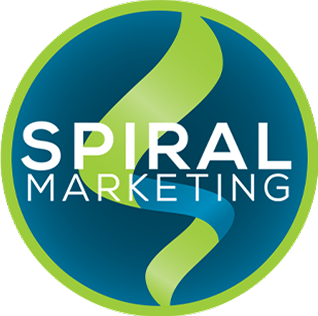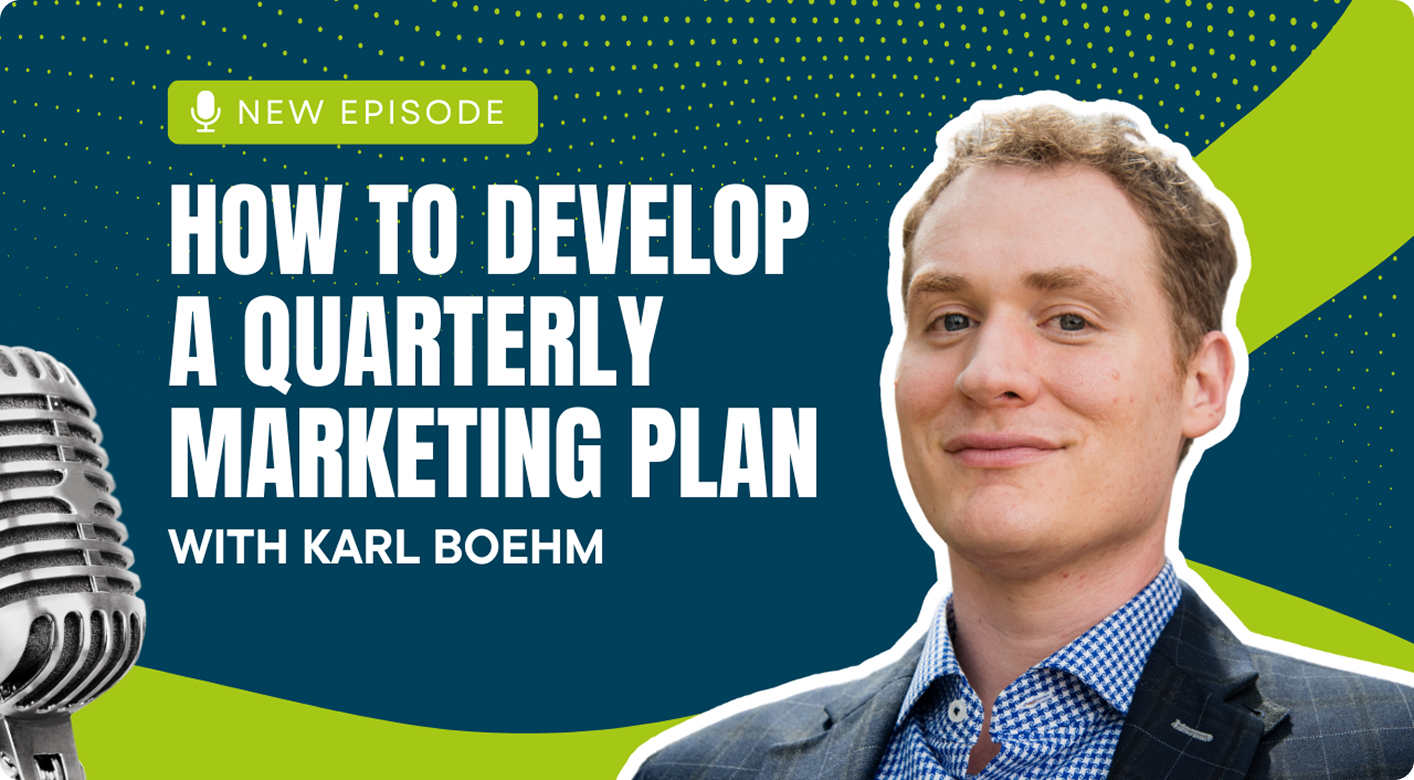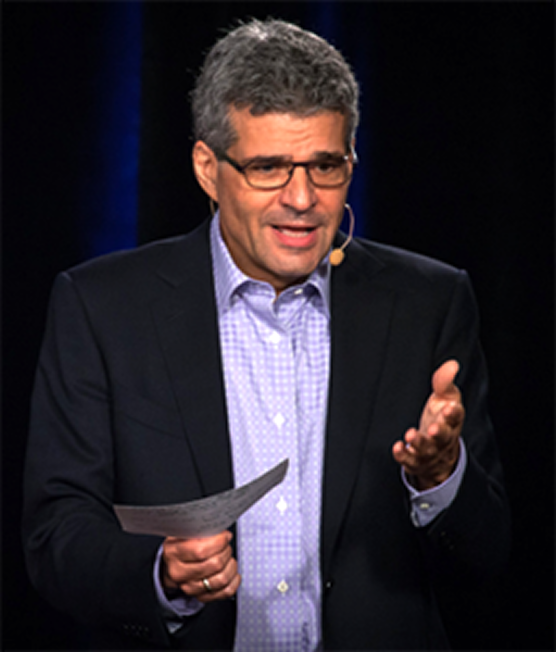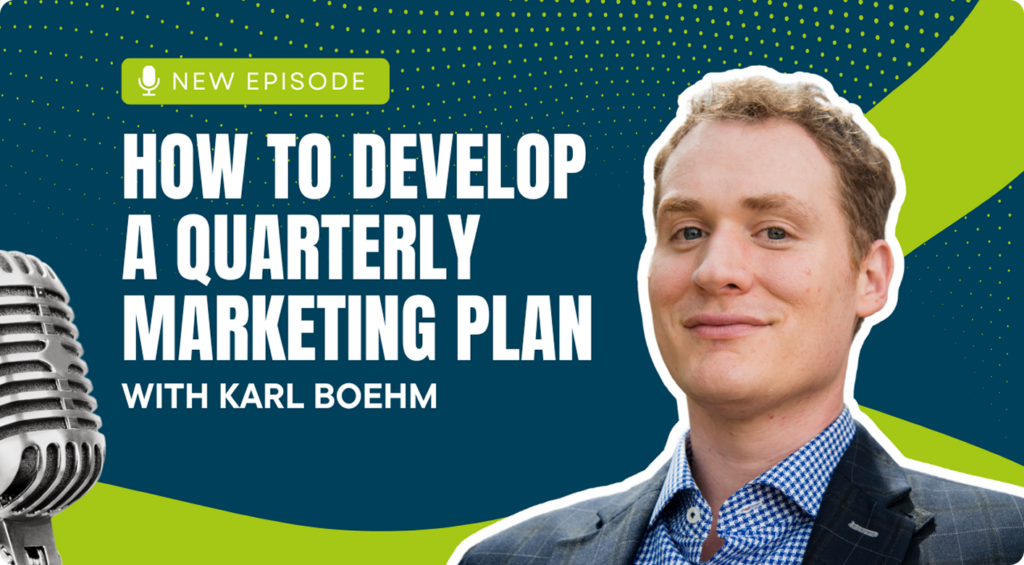“Private School Pros: Register our Enrollment Challenge on 8/15 now!”

Proudly Supporting:
Independent
Schools
Trade
Associations
Events
Home Services
B2B
B2C

Marketing Podcasts
Welcome to our podcasts, the flagship Spiral Marketing Podcast and The Marketing Minute!

Explore the human side of marketing and communications through insightful conversations with industry leaders.
Our diverse guests share actionable strategies that challenge, inspire, and elevate marketing professionals, entrepreneurs, and creatives.

Dedicated to transforming private school enrollment through expert insights and proven approaches.
Each episode features education marketing wisdom, from innovative enrollment techniques to best digital practices and actionable growth strategies.
Give us a listen, subscribe, and follow! 3-2-1. Done.








Subscribe:



Share your Expertise Be our Guest
Since 2014, we’ve featured bestselling authors, executives, and subject matter experts. If you have unique insights that could transform our listeners’ approach to marketing, we want to hear from you!

Ready To Amplify Your Results…
Take the Next Step & Spiral Up Your Business